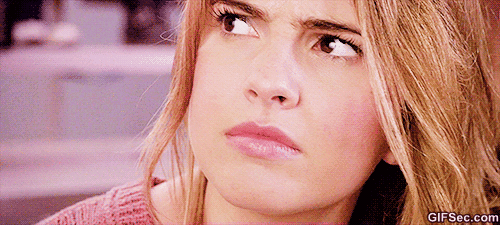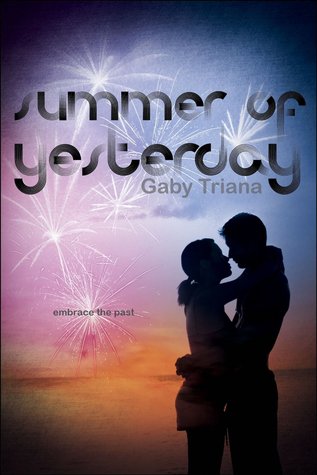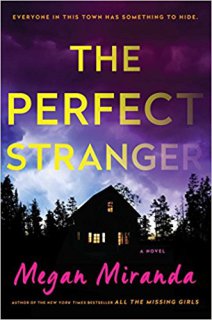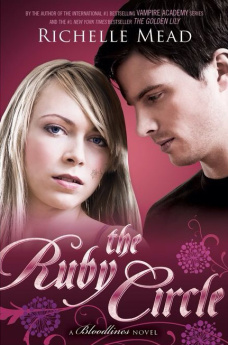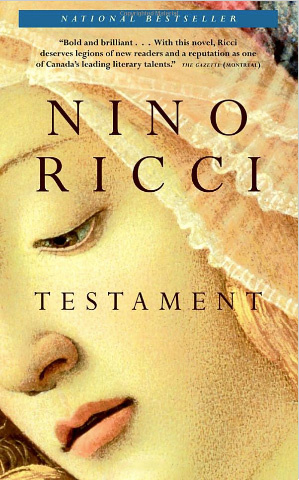Ar dheis Dé go raibh a anam.
Ronnie Drew was born in Dún Laoghaire, Co Dublin. He was best known for his long beard and his voice, which was once described by Nathan Joseph as “like the sound of coke being crushed under a door”.
For more than 30 years, the distinctive voice of the Irish folk band the Dubliners belonged to Ronnie Drew, who died at aged 73. His gravelly voice, described by Mary Kenny as “proper sawdust Dublin”, was the essential ingredient to the Dubliners’ two 1967 chart successes, Seven Drunken Nights and The Black Velvet Band. But there was far more to the Dubliners than those hits. With Ronnie on lead vocals, and the combination of guitars, banjo, fiddle and whistle, they were one of the key sounds of Irish folk.
While they might have lacked the subtlety of later bands such as Planxty and Clannad, they were immensely popular and proved an inspiration for the likes of the Pogues. And the boisterous stage act, long hair, bushy beards and hard sound belied their musical talents. Drew’s voice was instantly recognisable on classic Dubliners’ songs such as the traditional Finnegan’s Wake and Dicey Riley.
Drew was born in Dún Laoghaire in south Co Dublin. After leaving school, he realised that he was not cut out for a standard nine-to-five job, and, in the 1950s, lived for three years in Spain, where he taught English, learned Spanish and studied flamenco guitar. Returning to Dublin in the early 1960s, he met actor John Molloy, who invited Ronnie to work with him at the Gate Theatre as an actor, singer and guitarist.
On Friday nights, Drew would meet Molloy at O’Donoghue’s pub to get paid. By this time, tenor banjo player Barney McKenna had joined the cast, and one night, they asked if they could play a few tunes in the bar. They were joined by Luke Kelly, returned from England with a deep interest in folk, Ciaran Bourke and later John Sheahan. The Dubliners evolved from these sessions, which established O’Donoghue’s reputation as a centre for traditional music.
Their first name, the Ronnie Drew Group, gave way to the Dubliners, after the short story collection by James Joyce. Kelly used his contacts in Britain to secure a booking at the 1963 Edinburgh Festival. There they met Nathan Joseph, head of Transatlantic Records, and following BBC television appearances, they released their first album in 1964.
Back in Dublin, they recorded a live album, broadcast on Radio Telefís éireann, and performed in Finnegan’s Wakes, a series of shows at the Gate. Switching to the Major Minor label proved to be the turning point. In 1967, RTÉ banned Seven Drunken Nights because of its salacious story, but the pirate station Radio Caroline took it up and an unlikely hit followed, reaching number five in Britain. Appearances on Top of the Pops ensued. During the following two years, Drew’s voice led the Dubliners through five Major Minor albums and several singles, including The Black Velvet Band. European and US tours followed, as did appearances on the Ed Sullivan Show and – alongside Bob Hope – on David Frost’s show.
Moving to EMI, they recorded the highly successful At Home with the Dubliners (1969). Occasional theatre work continued, and, in 1972, Drew played the Hero in Brendan Behan’s play Richard’s Cork Leg at the Abbey Theatre, Dublin, and the Royal Court in London.
After Bourke was forced to leave the Dubliners following a brain haemorrhage in 1974, Drew also left the band: he and Bourke were close and Drew was missing his family. He returned to the band in 1979, and their next album, Together Again, was a more sombre affair, with Ronnie and Kelly sharing the singing.
In the 1980s, there was a resurgence in the popularity of the Dubliners, especially after the Pogues duetted with them on the Dubliners’ classic, The Irish Rover. Drew was also performing and recording outside the band, and, in 1995, he left the Dubliners to go solo again, recording with Christy Moore and the Pogues.
When it was known that Drew was suffering from throat cancer, Robert Hunter of Grateful Dead collaborated with Bono and The Edge from U2 to write The Ballad of Ronnie Drew. Such was the affection and respect in which Drew was held, the song, recorded by U2, Kila and the cream of the Irish folk scene, including the Dubliners, members of the Corrs, Christy Moore and the Pogues’ Shane MacGowan, was broadcast simultaneously on all Irish radio stations on 19 February 2008. The proceeds benefited the Irish Cancer Society.
Drew’s wife, Deirdre, died in 2007.
Oil painting by Vincent Keeling
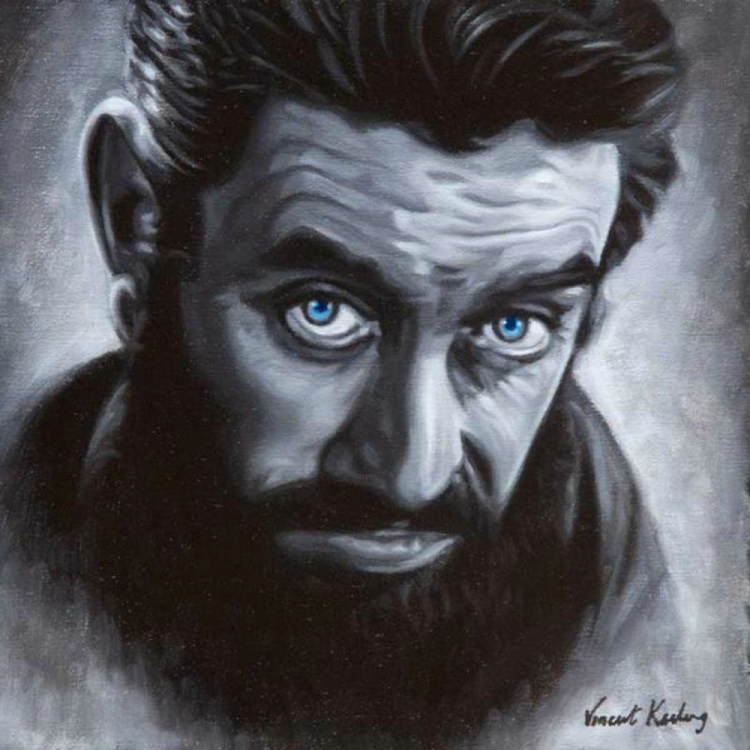
Featured image by David Dunne Art
53.349805 -6.260310 Advertisements Dublin, Ireland Share this: